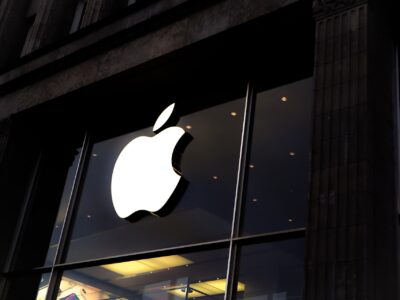Meta was engaged in a lawsuit against two firms for data scraping from WhatsApp and Instagram.
According to the initial complaint filed in October 2020, Facebook parent company Meta resolved a case in the United States against two firms involved in data scraping activities, which saw them acquiring data from Facebook and Instagram users for marketing intelligence reasons. BrandTotal Ltd., an Israel-based firm, and Unimania Inc., a Delaware corporation cited in the case, have consented to a permanent restriction that prevents them from erasing data gathered from Facebook and Instagram in the future or profiting from it in any way. As part of the settlement, they agreed to pay a “substantial financial sum,” as Meta puts it.
What Unimania and BrandTotal are doing with Meta Data?
BrandTotal, according to its website, was a real-time competitive intelligence tool meant to provide media, insights, and analytics teams insights into their competitor’s social media strategy and sponsored campaigns. Customers might use this information to evaluate their current strategies, identify new possibilities, track the performance of competing companies, improve their advertising, and more.
Unimania had applications that gave users many avenues into their favorite social media platforms. Unimania provided software that, for instance, facilitated access to Facebook via a mobile-web interface or in tandem with other social networks like Twitter. Another app would enable you to access Instagram Stories without revealing your identity.
In the First written complaint particular, contacted two add-ons for popular browsers. Ads Feed on Unimania and UpVoice on BrandTotal both provide this service. Users of the former could save advertisements they saw on Facebook for future reference. At the same time, those of the latter could join surveys that helped Unimania’s business customers make more educated advertising choices. UpVote incentivized consumers to participate in brand-sponsored online campaigns by giving them gift cards for their input.
A document outlining the proposed settlement states that the corporations have agreed to cease data scraping and to assist others in data collection, delete related software and code, and prohibit the dissemination or sale of data obtained via their operations. Did. Furthermore, it states that monetary damages were settled confidentially.
According to the document outlining the proposed settlement, both parties have agreed to stop scraping or assisting others in information collection methods and erase their software and code. They agree to a restriction on sharing or marketing any information gathered by their operations. Moreover, it states that monetary damages were settled in a manner that is to remain private.
Early this year, the presiding district court judge ruled in a summary judgment that BrandTotal did “not breach the CFAA,” the statute that defines computer hacking under U.S. federal legislation.
After the Supreme Court declined to hear the case, the United States Court of Appeals for the Ninth Circuit ruled that web scraping is legal under the CFAA. However, the Ninth Circuit did not rule on whether scraping might violate a company’s phrases of service or other contractual agreements.
However, the district court found that BrandTotal did not demonstrate that Facebook’s terms of service are invalid in its summary ruling. In addition to a 2020 agreement with the scraping provider Massroot8, this lawsuit is one of many launched by Meta to combat information scraping activities. This year, the company also sued the proprietor of a clone site and Octopus, a subsidiary of a Chinese state-owned high-tech firm that specialized in data harvesting and processing in the United States.
Meta revealed last year that it employs over a hundred individuals to identify, prevent, and discourage scraping. And in that time, it claims to have taken over 300 steps to prevent data scraping and other forms of platform misuse.
However, the disadvantage still presents a risk to consumers’ privacy. In response to news that 533 million Facebook users’ private information had been stolen online via site scraping activities in April 2021, Meta widened the scope of its Bug Bounty program to include this issue. Recently, Facebook has updated its usage of Facebook Identifiers (FBIDs) to make scraping without authorization more technically challenging.



















Comments